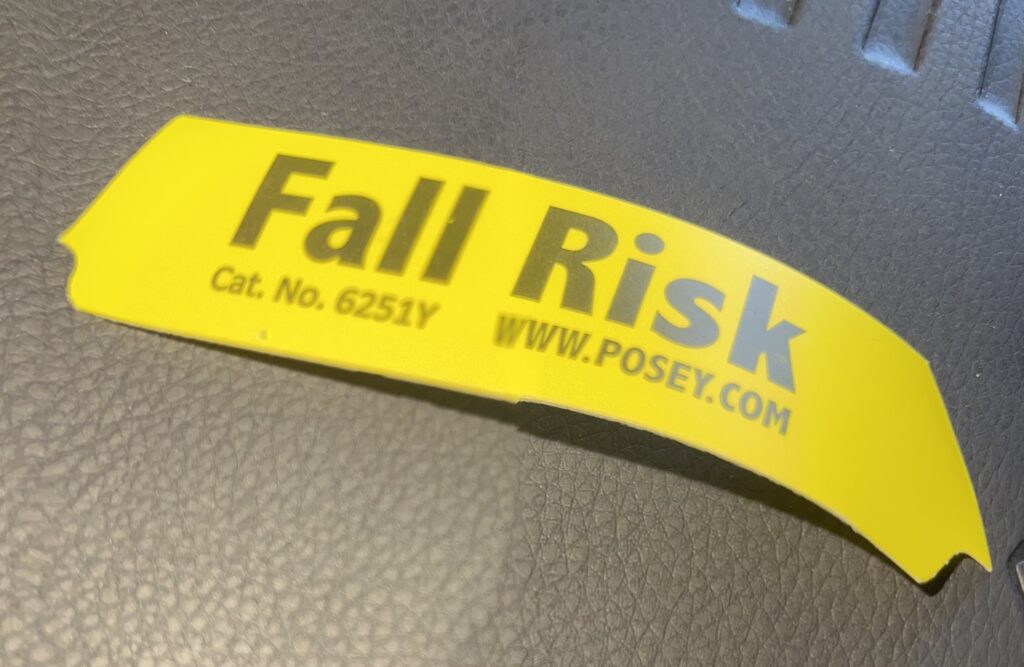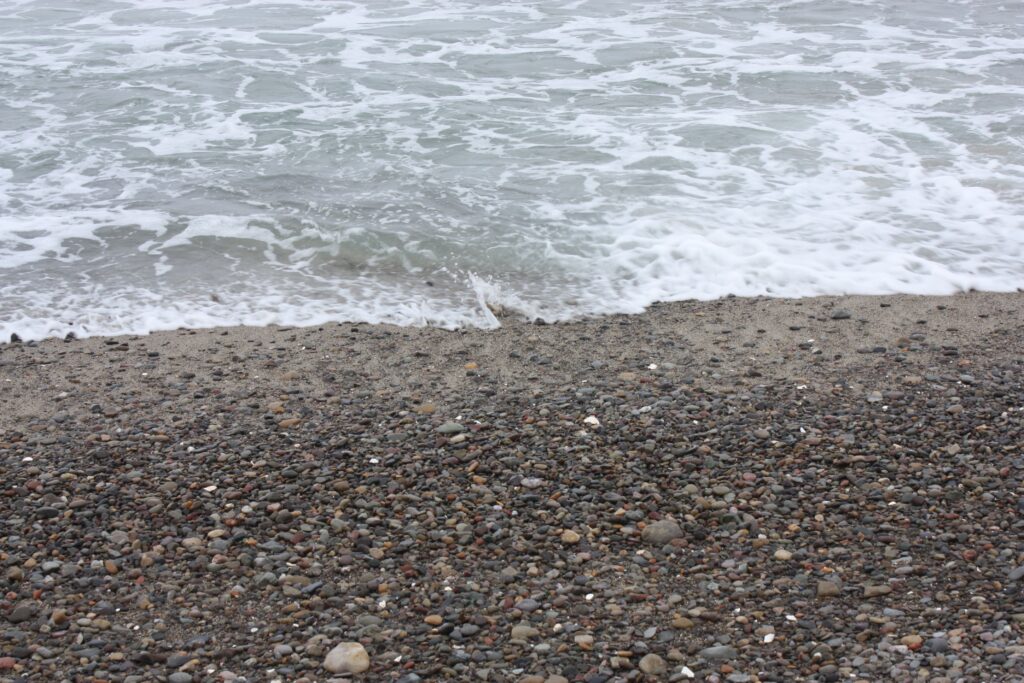“First The Truth Will Piss You Off.”
Will Thomas spends a night in the ER over a scare about bleeding on the brain.
Enjoy the story.
Fall Risk
The PA in the crowded Los Angeles ER squawked. “Intermediate critical, ETA five minutes.”
Lying in his narrow, hard hospital bed in the ER, the announcement took Will Thomas back to his years as an L.A. firefighter and EMT. He had delivered countless victims and patients to the ERs that neighbored his fire station. Now retired, and living with his wife Marie in Idaho, he did not miss that life. Many good memories, of course, but just as many difficult ones, some tragically unforgettable.
Will squirmed in his bed. He was lucky enough to be in a small private room on the periphery of the large ER. A closed door, a small window, curtained off most of the time. His bed had both side rails in place, and his bed was not adjustable without asking for help. His tailbone was sore as hell. He scrunched to his side, awkward due to the EKG electrodes wired to his chest and abdomen, and to the IV needle in his dominant right elbow.
Last night sleep only came in a few one-hour spurts.
He had been admitted to the ER mid-afternoon the day before after going to the hospital’s infusion center for his weekly myeloma cancer injection. A blood platelet count at ten and a persistent headache had prompted staff to refer him immediately to the ER.
A head scan and EKG had eliminated the worst fear. No bleeding to the brain. But the low platelets made him a fall risk. Highlighted by the yellow wristband he now wore that blared: Fall Risk. He needed a medical assistant to walk him to the rest room every time he had to pee.
Will was waiting for a second doctor to show up, hoping for a quick release. One oncologist doc had said he was “cautiously optimistic” for a release the following morning. Will did his best to ignore that.
A technician from Pharmacy came in to review Will’s meds. “You look pretty well for an ER patient.”
“Being here ain’t my choice.”
His nurse Keisha stepped in to monitor his vitals. “Tell me the truth,” Will said. “Am I going to get released today?”
“Up to your doctor,” she replied.
“Truth?”
“You know what they say about the truth. First the truth will piss you off. Then it will set you free.”
Will laughed.
The house doctor finally came to Will’s room a few hours later. “I can release you today. The staff is prepping for your release. My only advice is to take it easy for a few days.”
“No worries there, doc,” Will said.
Keisha came back in to remove the IV from his elbow. She said they wanted to leave the EKG monitor in place for a bit longer.
Will called his wife to say he could catch a late flight out of LAX and be home by bedtime.
Will and Marie had retired to Idaho three years ago. A quiet life, early morning fishing for trout, book clubs, a good social life. A routine medical exam last year had revealed a need for more blood work and a biopsy. And then a phone call from his oncologist. “Stage four multiple myeloma. Not curable, but quite treatable.”
“How much time have I got?” He had asked.
“Five to ten years. Maybe more. We need to start treatments right away.”
His oncologist had relocated her practice from L.A. to Idaho several years back. She had connections in L.A. and wanted him to travel there weekly for injections. Oral meds he could take at home. L.A. would have easier access to the injection meds he needed. So he began a weekly flight to Ronald Reagan UCLA Medical Center.
A couple of medical assistants wheeled Will’s bed out to the hall for the last half hour before his release. That put him in the middle of the controlled chaos that was this ER. Medical staff moved hospital beds up and down the aisles. EMTs hustled patients through in Stryker chairs. A cop walked by with a bloodied man in handcuffs.
A petite young woman carrying a clipboard stepped up to Will’s bed.
A cheery voice. “Hi. I’m a volunteer. Can I get you anything?”
“Sure, Will moaned. “Find a nurse to get me released.”
The volunteer scanned the room. “I’ll find someone to help you.” She walked off.
A while later Keisha appeared. “I was on a break. Let’s get you out of here.”
Still in his hospital gown, with his clothes in a bag, he said, “I need your help.”
Keisha removed his EKG electrodes. “Better we dress in the bathroom.” She walked Will to the bathroom, entered with him. He said he had to pee. “Go ahead. Just sit down.”
“Do you have to stay?”
She nodded. “Fall risk, remember?”
Will shrugged, sat to pee. As he stood to put on his pants, Keisha said, “Best to sit for that. You don’t want to fall.”
He groaned. After he dressed, Keisha led him out to the hall. They exited the ER, Keisha gripping the back of his shirt firmly. She walked him out to the sidewalk, sat him on a bench to wait for his Uber ride.
“Thanks for your help,” he said.
“Thanks for asking for help,” she replied with a smile.
At LAX Will passed through security quickly, got on the boarding line for his flight. An airline employee walking by stopped next to Will. “May I see your wristband,” she said. He held up his left wrist. The yellow Fall Risk band still circled his wrist.
“That’s from yesterday’s hospital visit,” he said.
She stepped away, returned a moment later with a wheelchair. She pulled Will off the line, set him in the chair. “I don’t need this,” he said, his face reddening with embarrassment.
“Just a precaution,” she told him.
She wheeled him to the ticket counter, continued to the ramp and onto the plane. She left the chair at the entry, escorted Will forward. “We have an empty seat in first-class. A courtesy upgrade.”
She offered him a seat, said, “As soon as we take off, you can get a free drink and snack.”
Will smiled. ”I would love a cold beer.”
She said with a firm look, “Not sure that would be a good choice, considering your fall risk.”
“I’m not a fall risk. The wristband is from yesterday.” He waved at the first-class seat. “This is not necessary. I’m not handicapped.”
“Just a precaution, sir.” She nodded, stepped off the plane.
Will sat back, thought, I am not a fall risk.
A flight attendant stepped up. “Welcome to first class,” she said. “If you need to use the restroom, just let me know and I can escort you.”
Will’s shoulders sagged. “I can do this on my own.”
“Looking out for your safety, sir,” she said.
Will shook his head. Keisha’s words from the ER came back to him. “First the truth will piss you off. Then it will set you free.”
Will settled himself in the plush seat, fingered the Fall Risk wristband. He took a deep breath. I’m going home…first class.
***


Recent Comments